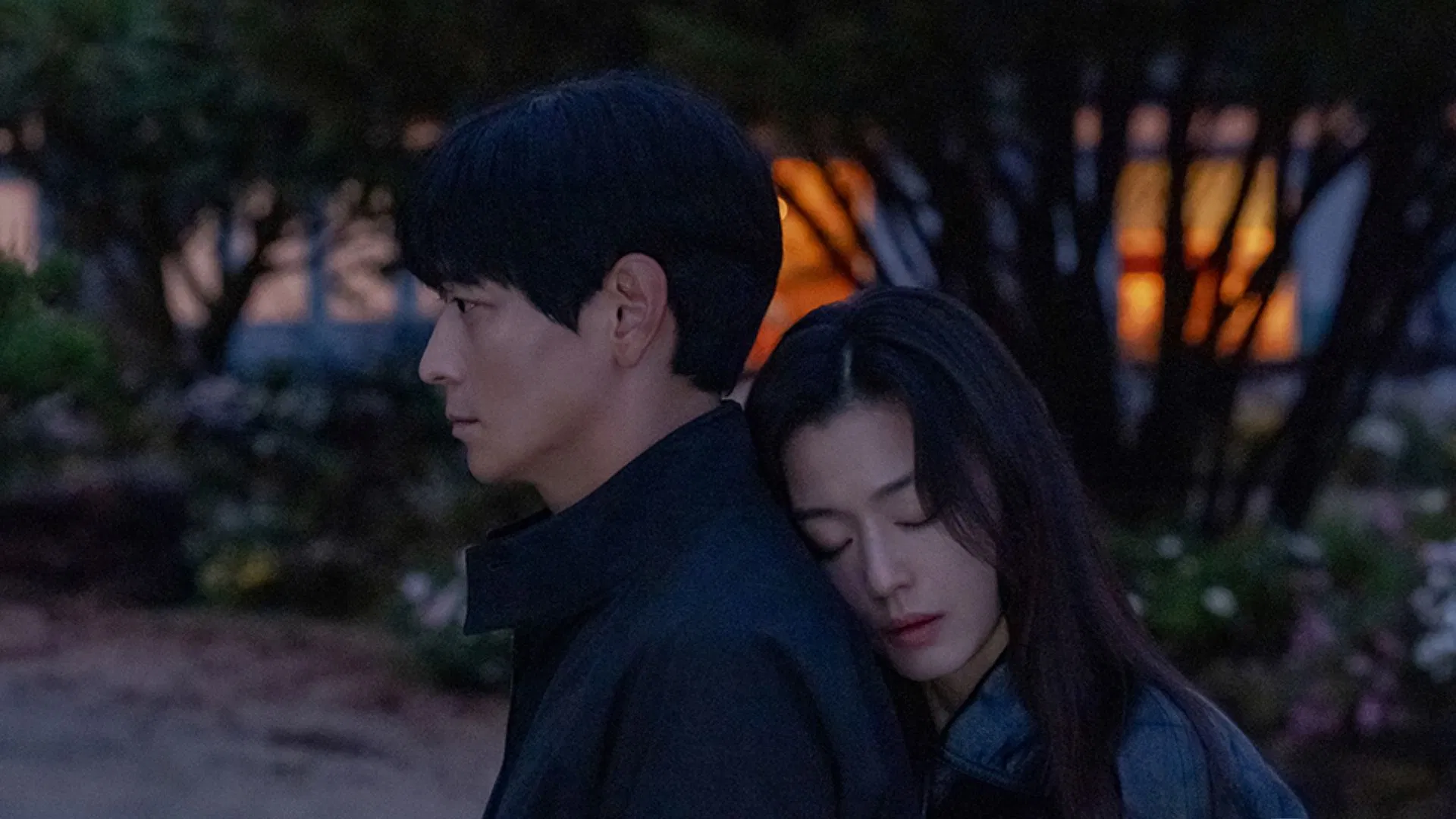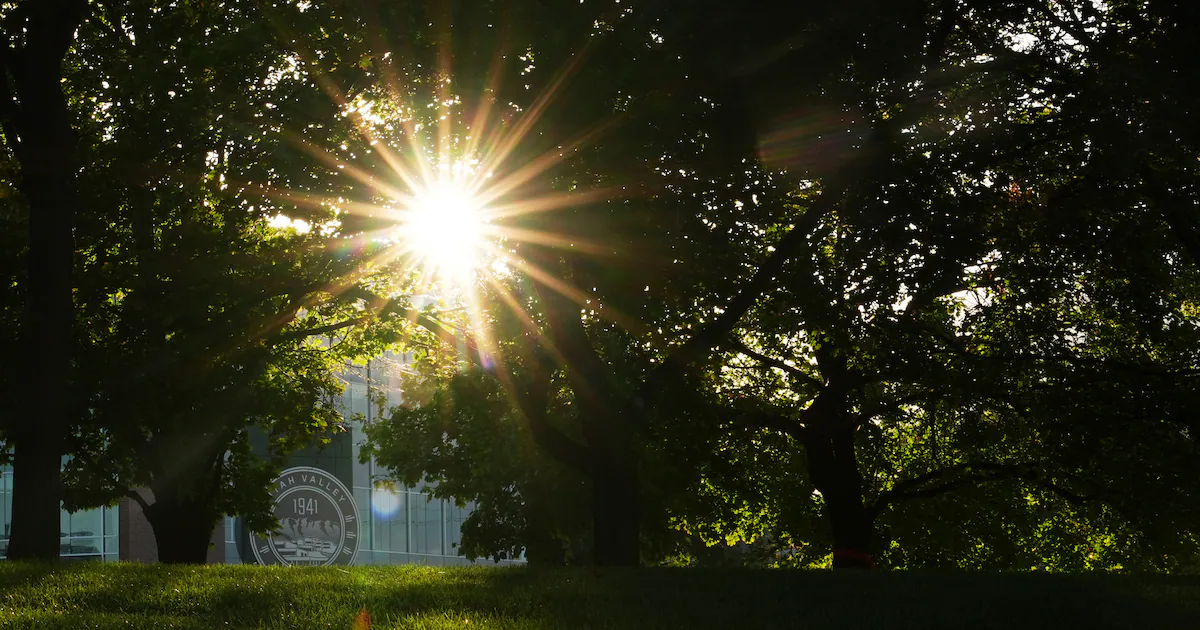
The 73rd San Sebastian Film Festival opens Sept. 19 with an Argentine fact-based dramedy, “27 Nights” (“27 noches”). It stars Daniel Hendler (“Lost Embrace”) who also directed and co-wrote it.
It is also a Netflix original production, which explains why, after predictions last year that few, if any Argentine films would see the light as a result of the country’s new right-wing administration, the film has come into being.
Based on the eponymous novel by Natalia Zito and inspired by a true story, “27 Nights” follows Martha Hoffman (played by Marilú Marini), an eccentric and fabulously wealthy matriarch who is unexpectedly committed to a psychiatric clinic by her two daughters. Called in as an expert witness, Dr. Casares (Hendler) must determine whether this is a calculated attempt to seize control of their mother’s fortune – or if Martha is genuinely suffering from a form of dementia that poses a danger to herself and those around her. Her case and other similar ones led to vital changes in Argentina’s mental health laws, which now bans the involuntary admission of people to such institutions.
One of its producers is Santiago Mitre who directed, co-wrote and co-produced the Oscar-nominated “Argentina, 1985.” His partner in their shingle La Union de los Rios, Agustina Llambi-Campbell, is also a producer of this topical dramedy.
What is most telling is that it’s their first production with Netflix, which underscores how streaming platforms have become a lifeline in Argentina’s beleaguered film industry. It begins streaming worldwide on the platform by Oct. 17.
“The Argentine government has completely ignored the national film law and has chosen not to support what that law clearly mandates — the promotion of Argentine cinema. Fortunately, there are still some companies and streaming platforms that continue to understand and believe in the value and importance of our cinema — in its tradition, the strength of our actors, the quality of our writing, and the talent of our directors,” Mitre told Variety, adding: “Our film, for example, is a 100% original Netflix production, and they gave us a great deal of creative freedom to make the film we wanted,” he added.
He pointed out that another Argentine pic world premiering at the fest is actress Dolores Fonzi’s “Belen,” which is backed by Amazon MGM Studios.
“The Argentine films showing at San Sebastián this year are either platform originals — like ours and Fonzi’s — or projects that were developed under previous administrations. In nearly two years, this government has not supported a single Argentine film through public funding. Not one. Zero,” Llambi-Campbell concurred.
“That’s what happens when you have an uncultured president.” Mitre added wryly.
According to Mitre, they developed the script for ’27 Nights’ with a team of writers — Martín Mauregui, Agustína Liendo and Hendler. “Together, we were able to bring this film to life, and I truly think it turned out beautifully — delicate, quietly joyful and filled with emotional detail. At a time when so many films lean into spectacle or sensationalism, this one focuses on small moments, on the subtleties of human connection, and I think that makes it stand out,” he said.
“At the same time, the film carries a political dimension, even if it’s understated. I can’t help but connect it to the current dramatic political situation in Argentina. Every Wednesday, we watch the state repress elderly people who are simply demanding better living conditions. In that context, telling the story of a woman trying to be happy becomes, in its own way, a political act — a reflection of the country we’re living in today,” he added.
Noted Llambi-Campbell: “Inflation has stabilized — and that’s the only positive indicator in a sea of negative ones. Argentina has become incredibly expensive. Filming in Argentina has become extremely costly. Living here — especially in Buenos Aires — is becoming increasingly difficult. So it’s hard to consider inflation stabilization a major achievement when all the other economic indicators are deteriorating.”
“We can talk about politics through what’s happening in the film industry. Just like some might say that inflation has slightly stabilized or even decreased — the real question is: at what cost? That so-called stability comes at the expense of a dismantled productive system,” Mitre pointed out.
The film came together fairly quickly, with principal photography taking place in January, February in Buenos Aires this year. “I think about a year ago, we were still stitching together the script — we didn’t have a final version yet. And now, here we are, presenting the film at San Sebastián. Honestly, everything happened really fast,” said Llambi-Campbell.
“It’s wonderful to see our work showcased in such a prestigious space that also honors Argentine cinema with great visibility. We’re truly happy and thankful,” Mitre agreed.
He pointed out that his relationship with the festival goes years back, starting with his second film “Paulina,” which won three prizes; “Argentina, 1985,” which snagged the Audience Award and Fonzi’s directorial debut feature ‘Blondi,’ which their company produced.
“So to now be opening the festival as producers is an immense honor and fills us with pride; We’re deeply grateful to [festival director] José Luis Rebordinos and the entire programming team,” he said.



